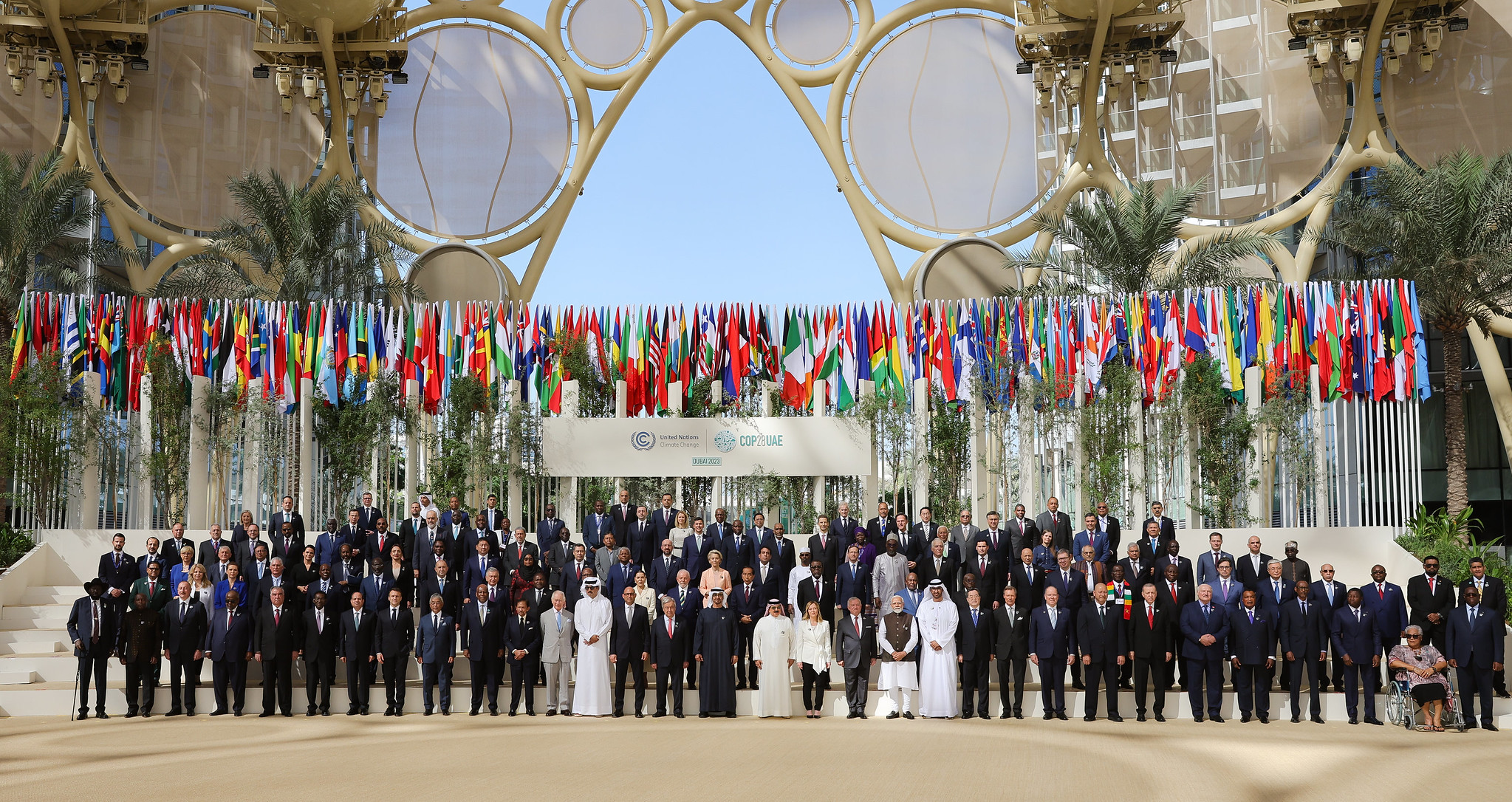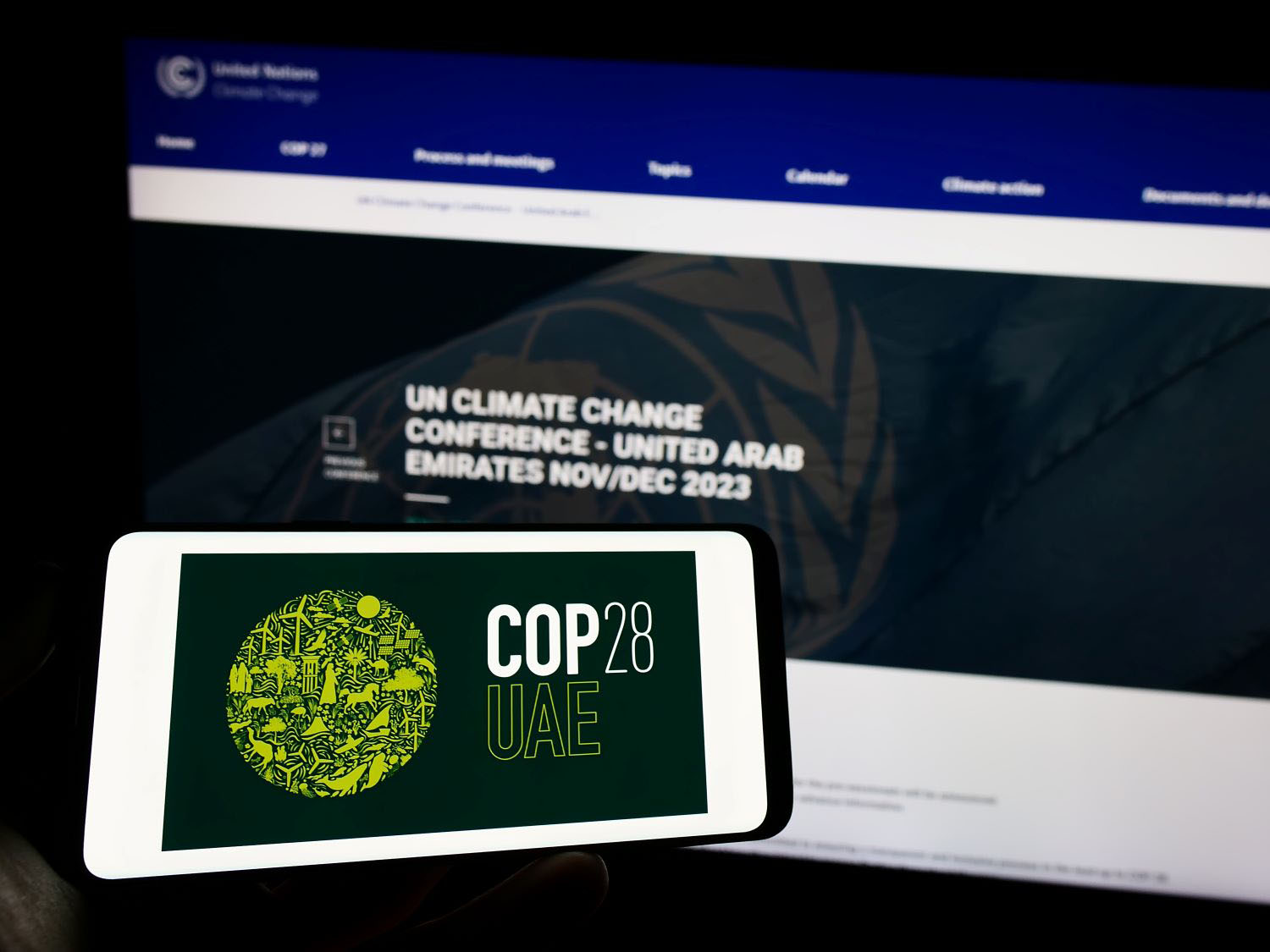Reducing fossil fuel emissions to limit global warming to 2 degrees Celsius or less means that a huge amount of proven fossil fuel reserves will need to stay in the ground. A new Oxfam America Research Backgrounder by Professor Simon Caney of Oxford rightly proposes that, in considering which assets will be “stranded” (left in the ground), priority should (somehow) be given to the poorest countries/people. They should be given a priority “right” to extract and sell fossil fuels, either for their own use or to export and earn revenues that can be channeled to economic development, including more energy. Or they should be compensated for “stranding” their fossil fuel assets.
The Oxfam paper suggests that priority be given to more “underdeveloped” countries (using the UNDP Human Development Index), and especially those that have historically benefitted least from the sale of fossil fuels , and that have limited alternative development options (and energy resources). The paper suggests that priority be given to fossil fuels that are relatively clean (gas) over those with high global warming potential (coal). This makes sense since oil accounts for the largest share of value at risk of stranding (75%), but coal holds the largest emissions potential (80% of emissions reduction in IEA’s low carbon scenario).
Although the Oxfam paper says little about the consumption of fossil fuels for domestic energy production, the issue of energy poverty is rising on the international development agenda, with the provision of energy services considered an essential pre-condition for development. The International Energy Agency defines energy access as 100 kWh per person per year. However, a recent CGD report suggests that this level is not modern energy access and that the threshold should be much higher, closer to 1500 kWh per person per year. Economic development means energy for industry, infrastructure and transport, not just households and small businesses.
In this context Oxfam’s recommendation to give developing countries a priority “right” to extract and sell their fossil fuel resources should not be confused with an endorsement of widespread reliance on coal fired power plants across Africa and South Asia to provide the energy needed for such industrial development. The distinction between extracting fossil fuels and using them is subtle, but important. While poor countries should get priority when it comes to selling fossil fuels, when it comes to using them, they should be viewed as an energy source of last resort, after alternatives have been seriously explored.
Even if poor countries are given space to extract and sell fossil fuels, the global effort to scale up renewable energy and to make it relevant – and cost effective – for reducing energy poverty needs to be redoubled. Clean energy will be needed to resolve the terrible tradeoff between minimizing climate change that is catastrophic for the poor, and dealing with energy poverty that is undermining poverty reduction. Can renewable energy be an important component of modern energy access at scale? Yes, suggests UC Berkeley’s Dan Kammen. But it will require technological breakthroughs and support to overcome financial, institutional and policy barriers in developing countries.
In particular donors and affluent countries need to provide concessional financing to overcome the cost disadvantages of renewable energy. In Africa there are enormous hydropower resources that could not only meet domestic demand but could generate electricity for export but these are undeveloped due to institutional and financial barriers. According to Kammen, decentralized, plug-and-play mini-grids are demonstrating success in scaling from light bulbs to appliances to small and light industry in rural settings in Kenya and Bangladesh. Large scale wind-farms and solar programs and effective energy storage (batteries) for intermittent sources like wind and energy are improving every day but they need to be replicated more systematically. Middle income countries like India and China, which still have huge populations without access to electricity, need to be given financial support to encourage a switch to natural gas and renewables rather than coal.
The spirit of Oxfam’s proposal to prioritize fossil fuel extraction in energy poor developing countries, or to compensate them for stranding their assets by keeping them in the ground, is fair and ethical. However this focus on equity around who has their assets stranded should not be interpreted as ambivalence around the need to prioritize low carbon energy solutions to achieve truly modern energy for development.
CGD blog posts reflect the views of the authors, drawing on prior research and experience in their areas of expertise.
CGD is a nonpartisan, independent organization and does not take institutional positions.





